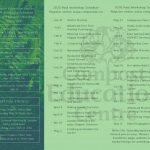February 3, 2021
Our Schools Program is now taking youth workshop bookings for Winter and Spring 2021! We have 6 different workshops to choose from for students in Preschool to Grade 12, on topics including composting, worm care, soil ecology, organic gardening and sustainable living. We will be offering our programs in-person with COVID safety protocols in place – such as teaching in outdoor spaces, with smaller groups, and maintaining physical distance from students. Online workshops are also available upon request. See below for full descriptions of all our current youth workshop offerings:
Compost Education Centre – 2021 Schools Program Flyer
Posted in News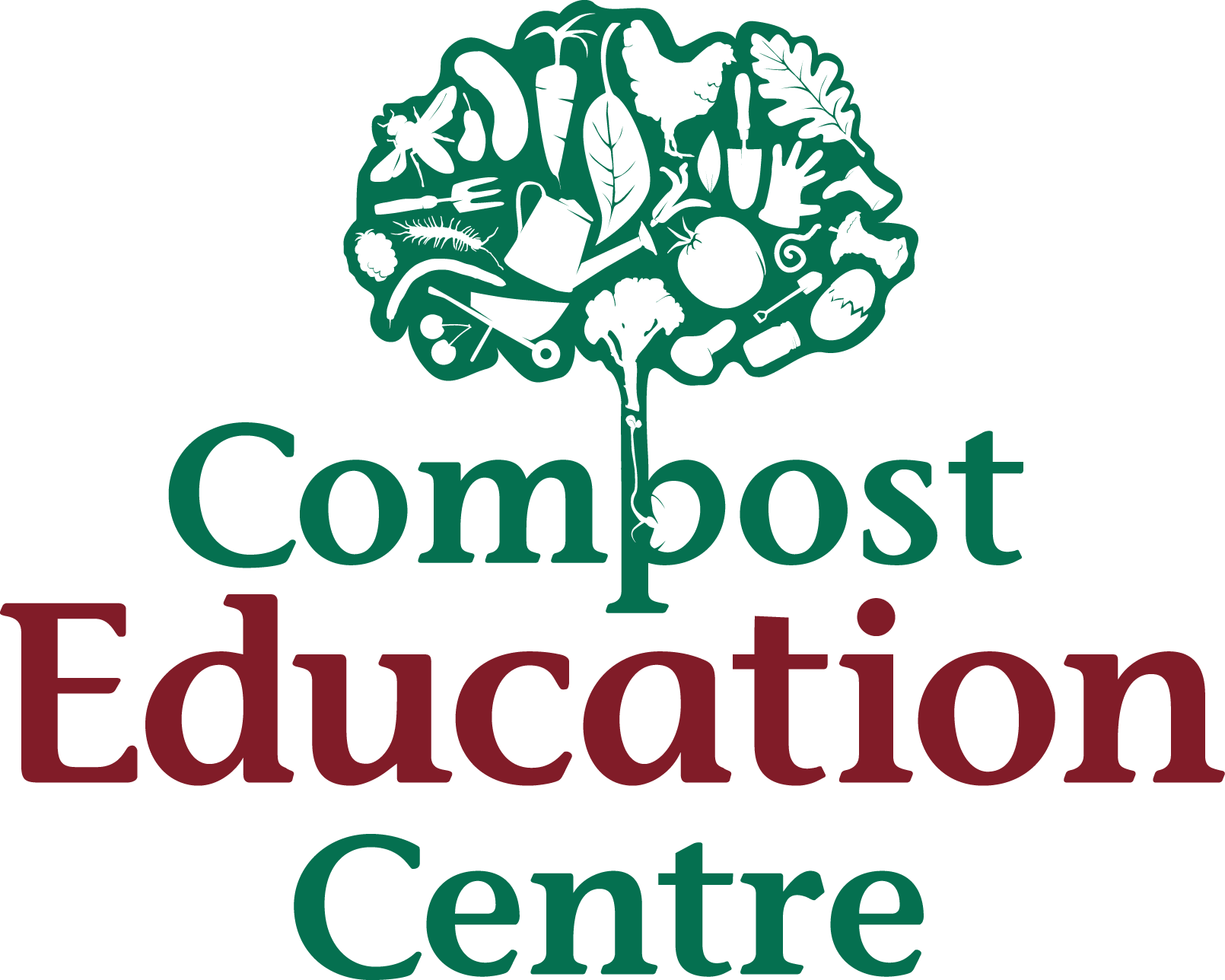
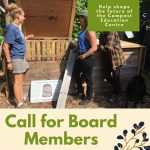
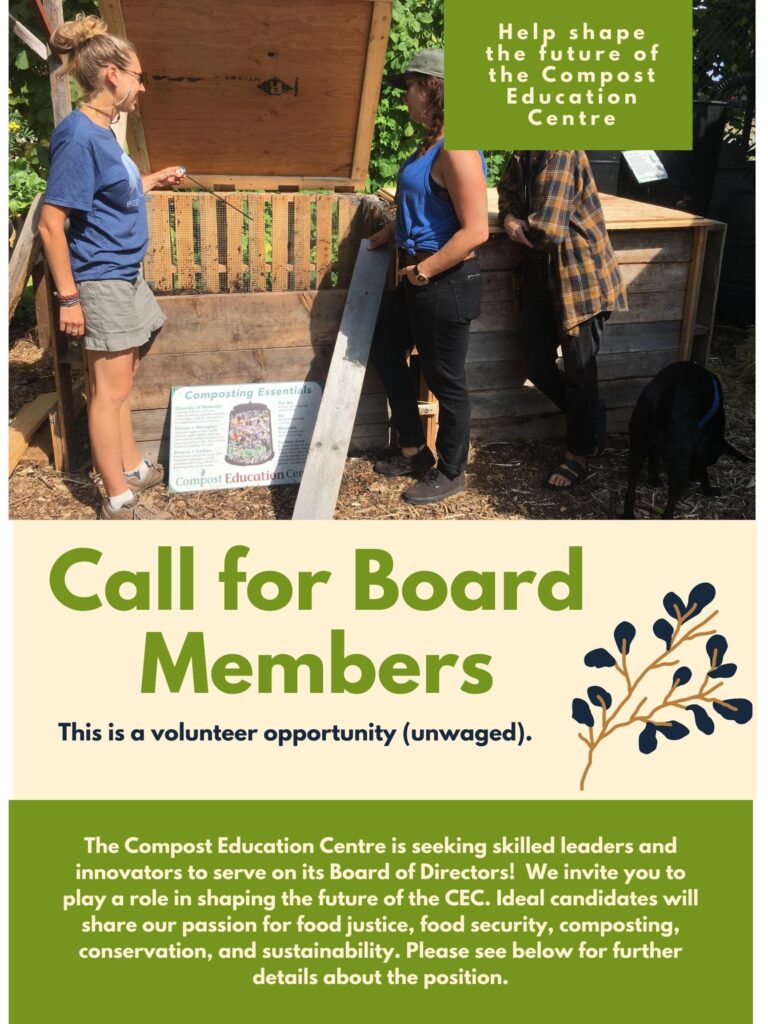
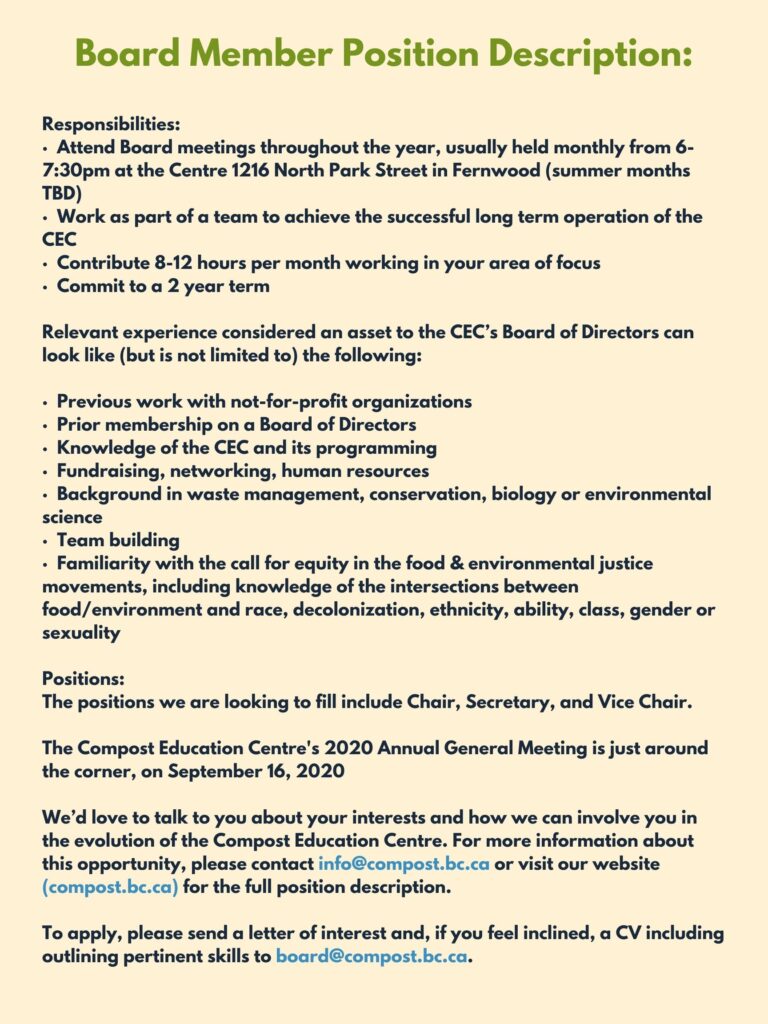


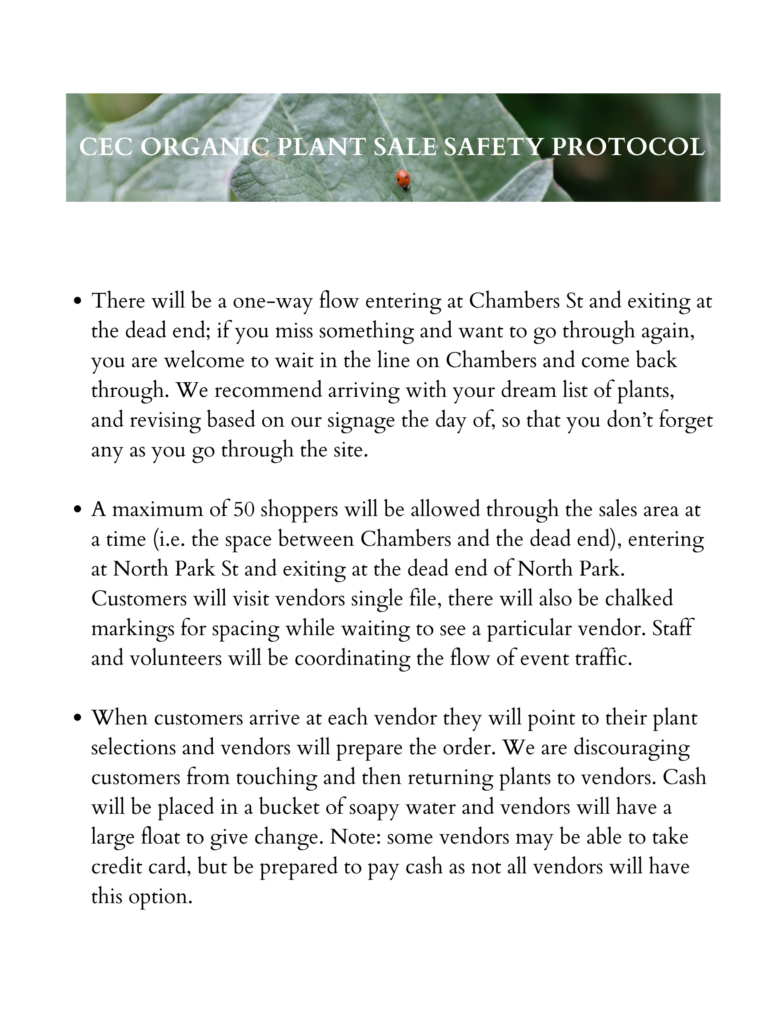
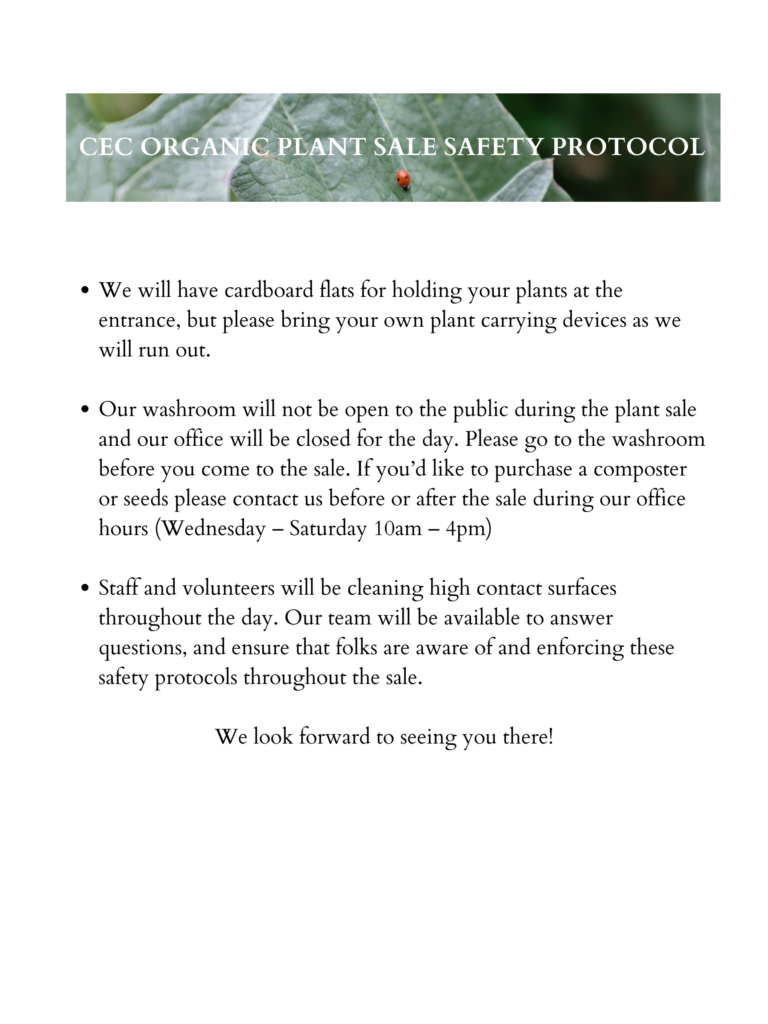
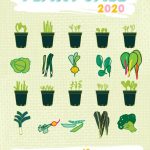
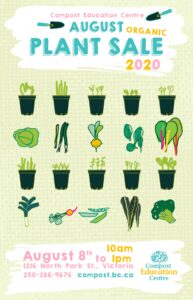
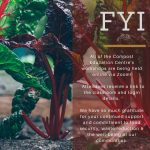
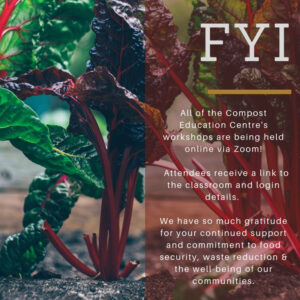

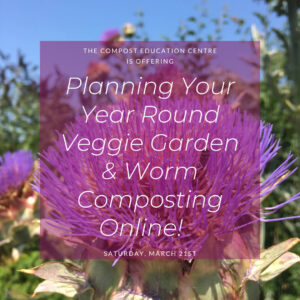
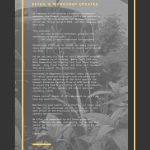
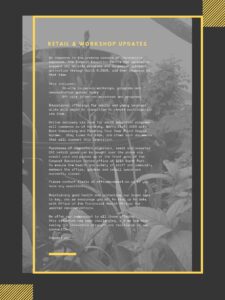
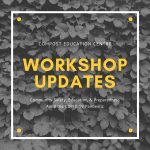
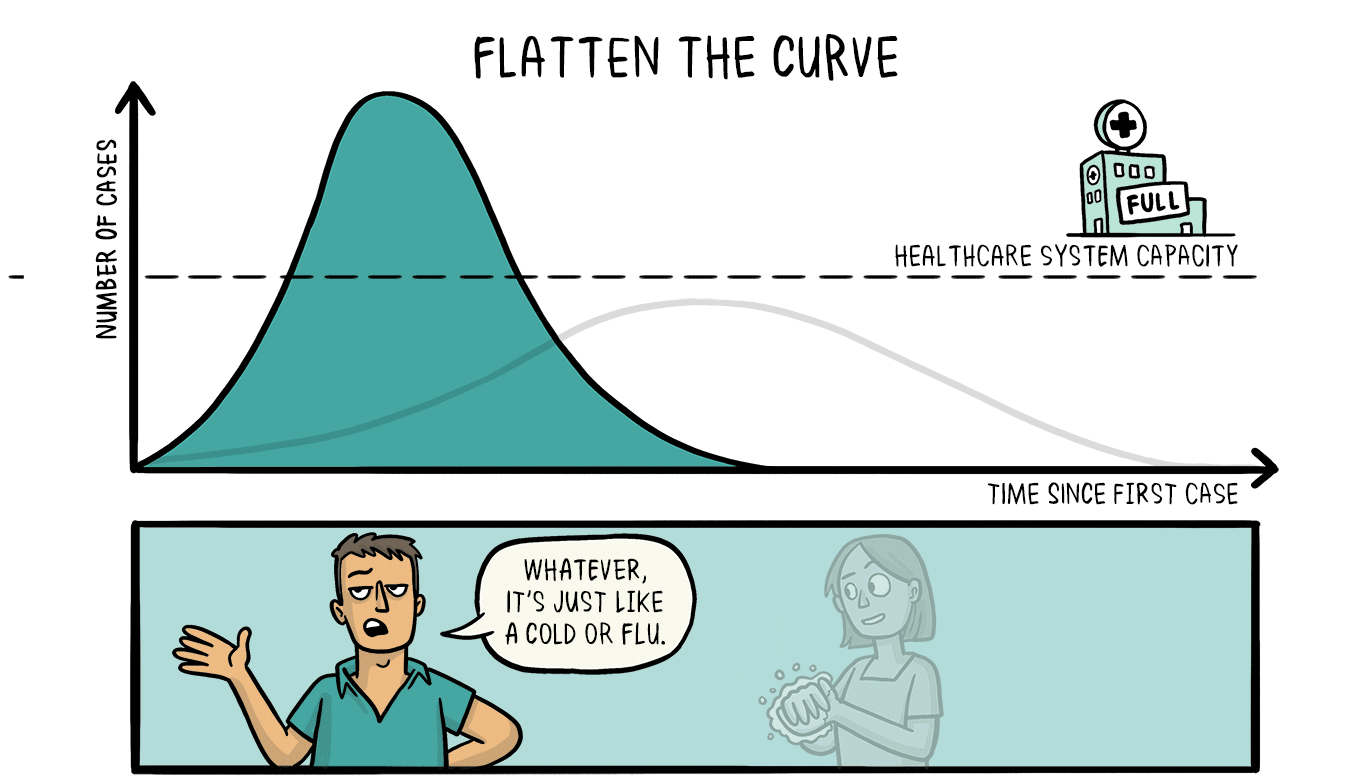

 For more information or to fill out an application, click
For more information or to fill out an application, click 